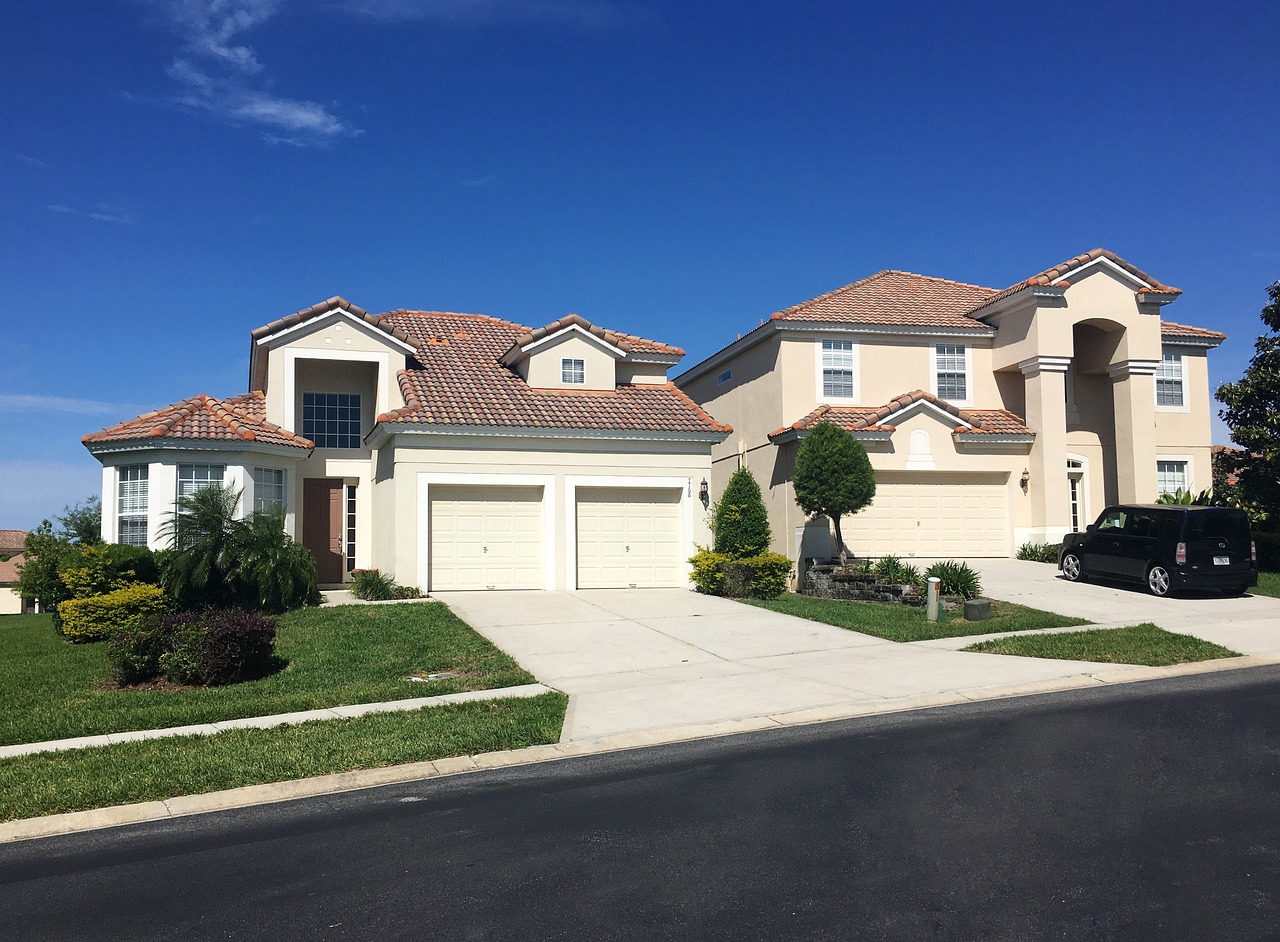According to the Tampa Bay Economic Development Council, Florida has been at the top of the national list for total net migration over the last several years. While some states have seen their population dwindling, the Sunshine State saw 675,000 new residents arrive to make their home here between the summers of 2021-2022. These new residents were often surprised by the presence of HOAs in every neighborhood, as these residential management structures are not the norm in many parts of the country. Whether via a homeowners association of single-family homes or a condo association, monthly fees and special assessments are new to many Floridians. Of course, the HOA is nothing new to those who have called Florida home for years.
Given the current economic conditions, HOA fees are often among the obligations the homeowner has difficulty paying. The scenario leads to the question – Are homeowner’s fees and assessments eligible for discharge in a personal bankruptcy?
Timing is Everything
The answer to this question relies on whether the HOA fees were due before or after the bankruptcy filing date. As a general rule, HOA fees assessed before the bankruptcy are likely to be discharged. However, there are nuances to every situation.
Chapter 7 Bankruptcy: Homeowners association fees are considered to be in one of two categories: pre-petition fees and post-petition fees.
Pre-petition fees are treated essentially as other unsecured debt, such as credit cards and medical bills. In a typical Chapter 7 bankruptcy, HOA fees and assessments that became due prior to the bankruptcy filing will be discharged.
There is, however, an exception to the rule. If the HOA records a lien for any unpaid balance amount before the filing, the HOA fees and assessments are considered a lien claim that will survive the bankruptcy.
Chapter 13 Bankruptcy: In a Chapter 13 bankruptcy filing, pre-petition HOA dues not subject to a lien are treated as an unsecured debt under the repayment plan.
If the HOA recorded a lien for the unpaid HOA dues before the Chapter 13 bankruptcy was filed, the secured claim must be paid through the bankruptcy repayment plan should the filing party wish to keep their home.
When the HOA Sues for Pre-Petition Fees
If the neighborhood HOA has sued the homeowner before the Chapter 7 or Chapter 13 bankruptcy filing, the automatic stay will stop the lawsuit. In this scenario, HOA fees not subject to a lien will be eliminated in a similar manner to any pre-petition debt.
If the HOA was recovering due or fees by garnishing wages, the bankruptcy would stop the wage garnishment via the automatic stay.
HOA Fees and Dues Assessed After a Bankruptcy Filing
There are a few things that homeowners should understand about post-filing homeowner’s fees:
- Fees and assessments due after the filing date are not discharged in the bankruptcy.
- Homeowners are responsible for HOA fees that accrue as long as the home is legally owned, even if they no longer reside in the home, have abandoned the property, or plan to surrender the home in bankruptcy.
- If the property is in foreclosure, the homeowner remains liable for the post-petition HOA fees and assessments until a transfer of title takes place.
- If a homeowner fails to pay the HOA fees due after the Chapter 7 or Chapter 13 bankruptcy filing, they may be sued by the HOA.
A Bankruptcy Attorney Can Help
Whether a new arrival or a long-time resident, it is vital to understand the intricacies of HOA fees when considering bankruptcy.
If you believe that Chapter 7 or Chapter 13 is the right solution for you, call the law offices of Richard V. Ellis today. We can help.





